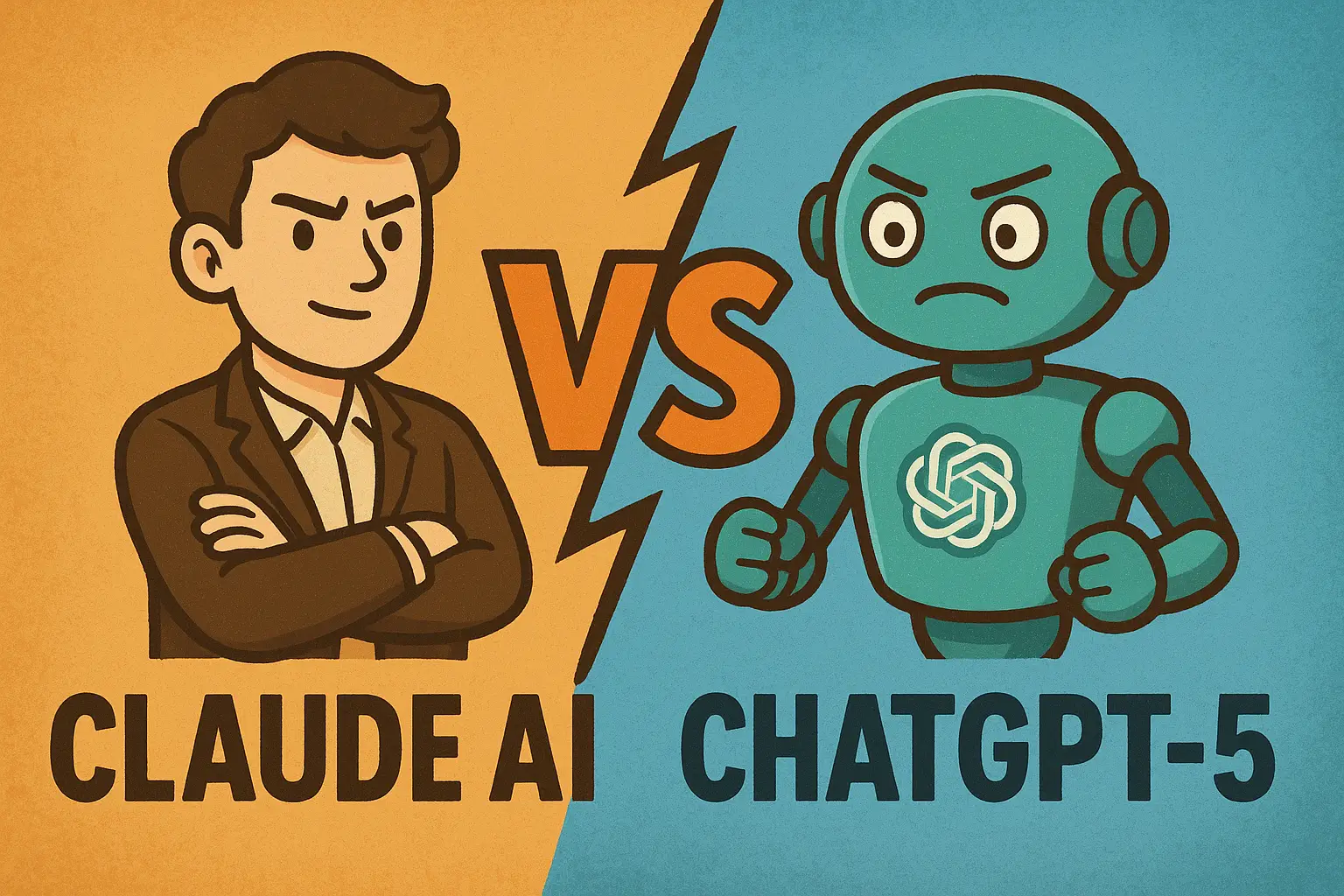As technology continues to advance at a rapid pace, the Internet of Things (IoT) has become an integral part of many industries, including healthcare. IoT in healthcare systems has brought about a significant transformation in the way healthcare is delivered, making it more efficient and effective than ever before.
IoT in healthcare systems involves the use of various devices and sensors that are connected to the internet and can collect and share data in real-time. This data can be analyzed to provide valuable insights into a patient’s health status, helping doctors and healthcare providers to make informed decisions about their treatment.
One of the most significant benefits of IoT in healthcare systems is its ability to improve patient outcomes. By collecting data on a patient’s vital signs, activity levels, and other important metrics, healthcare providers can monitor their health in real-time and identify potential problems before they become serious. This proactive approach can lead to faster diagnosis, better treatment, and improved patient outcomes.
IoT in healthcare systems also has the potential to improve the overall efficiency of healthcare delivery. By automating certain tasks, such as collecting and analyzing data, healthcare providers can reduce the time and resources required to manage patient care. This, in turn, can lead to cost savings and more efficient use of healthcare resources.
Another benefit of IoT in healthcare systems is its ability to enhance patient engagement. By using wearable devices and other IoT-enabled technologies, patients can take an active role in managing their health. They can track their progress, receive personalized recommendations, and communicate with their healthcare providers in real-time, leading to a more collaborative and engaging healthcare experience.
IoT in healthcare systems is also paving the way for more personalized and targeted treatments. By analyzing vast amounts of patient data, healthcare providers can identify patterns and trends that may indicate the most effective treatment options for individual patients. This personalized approach to healthcare can lead to better outcomes and a higher quality of life for patients.
However, as with any technology, there are also potential risks associated with IoT in healthcare systems. These include concerns about data privacy and security, as well as the potential for system malfunctions or errors. It is therefore important for healthcare providers to ensure that proper safeguards are in place to protect patient data and ensure the safety and effectiveness of IoT-enabled devices and systems.




